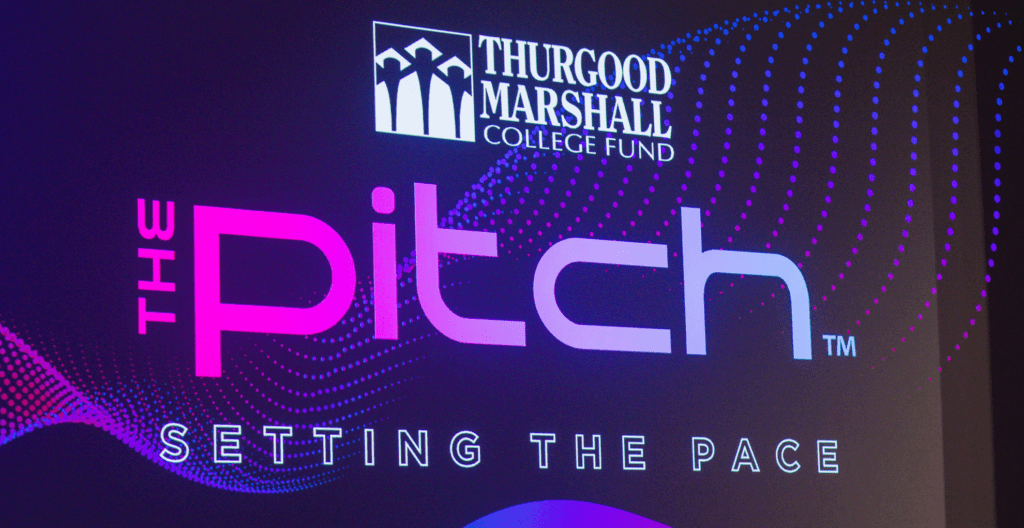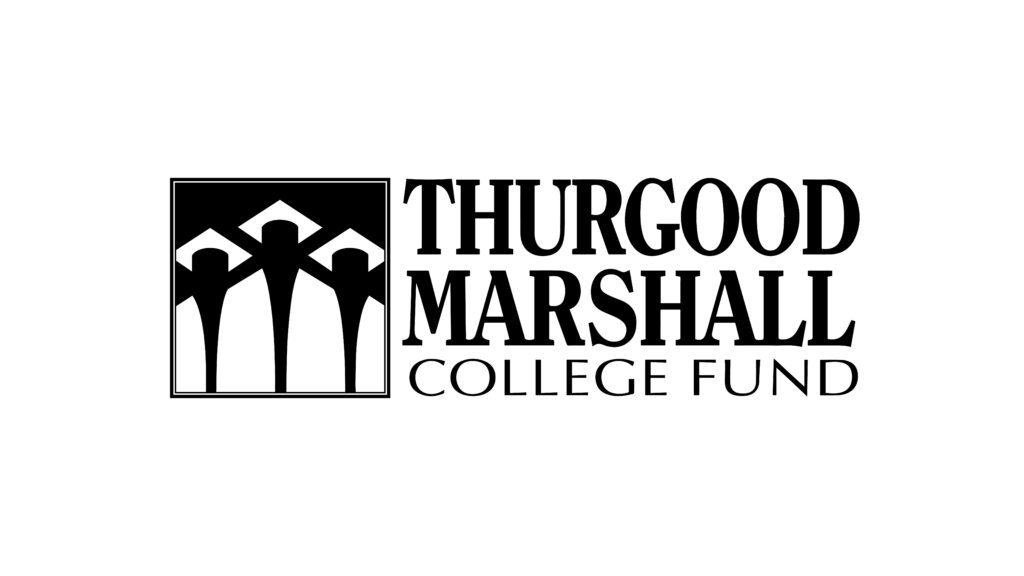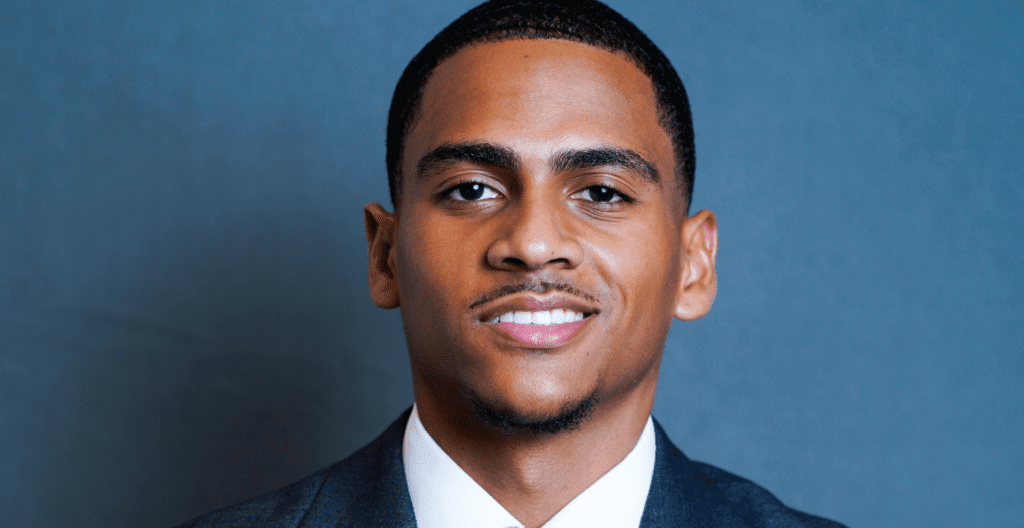(WASHINGTON) — Just 38 days into Donald Trump’s presidency — fresh off a campaign that included several fraught interactions with African American voters — Paris Dennard said he identified a way for the newly-minted administration to improve its relationship with black America.
“I told him, Mr. President, you have the capacity to go down as one of our greatest modern-day presidents for the black community, and one way you can do that is through support of historically black colleges and universities,” Dennard, a pro-Trump commentator and strategic director at the Thurgood Marshall College Fund, a non-profit organization supporting students at public historically black colleges and universities, more commonly known as HBCUs. told ABC News.
Soon after, according to Dennard — following an Oval Office meeting with more than 60 HBCU presidents — Trump signed an executive order transferring an initiative on HBCUs from the Education Department to a highly visible perch within the White House.
The White House did not respond to ABC News’ request for comment.
Many present at that February 2017 meeting reunited this Tuesday at an event announcing John C. Taylor Jr. as chairman of a White House advisory board on HBCUs, where Trump reiterated his commitment to HBCUs as “a major priority of our administration.” Taylor is the former head of the Thurgood Marshall College Fund.
On the heels of what some considered lackluster HBCU investment by America’s first black commander-in-chief, many activists have been surprised to see Trump highlighting the plight of HBCUs so publicly.
Created in the wake of Jim Crow laws that barred black students from white institutions, HBUCs “were ground zero for recruiting young talent to the civil rights moment in the 1960s” and “still serve as important incubators of black talent,” says Andra Gillespie, a political science professor at Emory University.
Some hope Trump’s meetings with HBCU leaders represent an opening salvo of sorts, a signal to African Americans that he’s eager to engage with their communities.
It was “particularly meaningful,” Dennard said, to see ’45 use the “bully pulpit” to shed light on HBCUs, institutions beloved by much of the black community.
“He sent a clear signal, he is committed to HBCUs — and we’re going to have to give him a shot to do that,” said Harry Williams, the current president of the Thurgood Marshall College Fund.
But critics decried the events with HBCU presidents as mere photo ops.
“There’s a lot of public skepticism within the African American community,” said Gillespie. “The concerns about not being used for pandering purposes are legitimate.”
“He can’t repair his relationship with African American voters until he has a public reckoning with his past behavior,” she continued. “If he gave historically black colleges a billion dollars, it’s not going to take away from the necessity of him demonstrating real repentance on racial issues.”
Besides, “the jury’s still out” on whether Trump will follow through on his assurances to HBCUs, Lodriguez Murray, United Negro College Fund vice president of public policy tells ABC News.
Lofty goals don’t do much good without a nuanced understanding of the issues and specific, concrete strategies for solving them, critics say.
And the administration hasn’t always projected particular insight in this arena.
HBCU leaders were appalled when an official statement from Trump’s Education Secretary, Betsy DeVos, called historically black schools “real pioneers when it comes to school choice.” DeVos later acknowledged that HBCUs were “born not out of mere choice, but out of necessity, in the face of racism.”
More angst came a few months later, via a White House statement that seemed to imply loans financing construction projects at HBCUs might be unconstitutional.
In a statement on his the signing of the omnibus funding bill, Trump said he would treat the program “in a manner consistent with the requirement to afford equal protection of the law under the Due Process Clause of the Constitution’s Fifth Amendment.”
He later walked back the comment, reassuring HBCUs that the signing statement did not “affect my unwavering support for HBCUs and their critical educational missions.”
Up until her highly publicized departure, Trump adviser Omarosa Manigault-Newmann — an HBCU alumna herself, who later complained about a “lack of diversity” in the White House — reportedly worked to keep Trump focused on HBCUs.
Ultimately, the administration will be judged on how it addresses HBCU’s’ policy priorities, and other issues that affect Americans of color, advocates say.
“What we’re going to really focus in on is not the verbal or the written word, but the action of the government: how we’re funded, how our policies are addressed, how our concerns are addressed,” Murray told ABC News.
Under this administration, the government has restored year-round access to Pell Grants, which HBCUs applauded.
At least one expert, however, noted this was in the works long before Trump took office. The feds have also forgiven more than $300 million in debt owed by HBCUs decimated by Katrina.
And amidst major cuts to the Education Department overall, the president’s FY 2017 budget preserved level funding for Title III’s HBCU program, which Williams considers “a win, in this economy.”
Sustaining level funding, rather than the cuts the floated early on, was “a big deal,” Murray noted. “We want the president to make us a priority, and invest even more in this program.”
He says he’s reserving judgement about Trump’s commitment to HBCUs until the 2018 appropriations bill is finalized on March 23.
“I think their report card is the March 23 FY ’18 spending bill,” Murray said.
But he acknowledges the administration’s prior cuts to Pell Grant reserves could harm low-income students, including those at HBCUs, which disproportionately rely on Pell.
According to a Thurgood Marshall College Fund analysis, more than 75% of students at the nation’s 101 HBCUs receive Pell Grants, which have stayed relatively static even as the cost of higher education has risen — effectively decreasing their purchasing power.
Says Williams: “We gotta keep pushing.”



